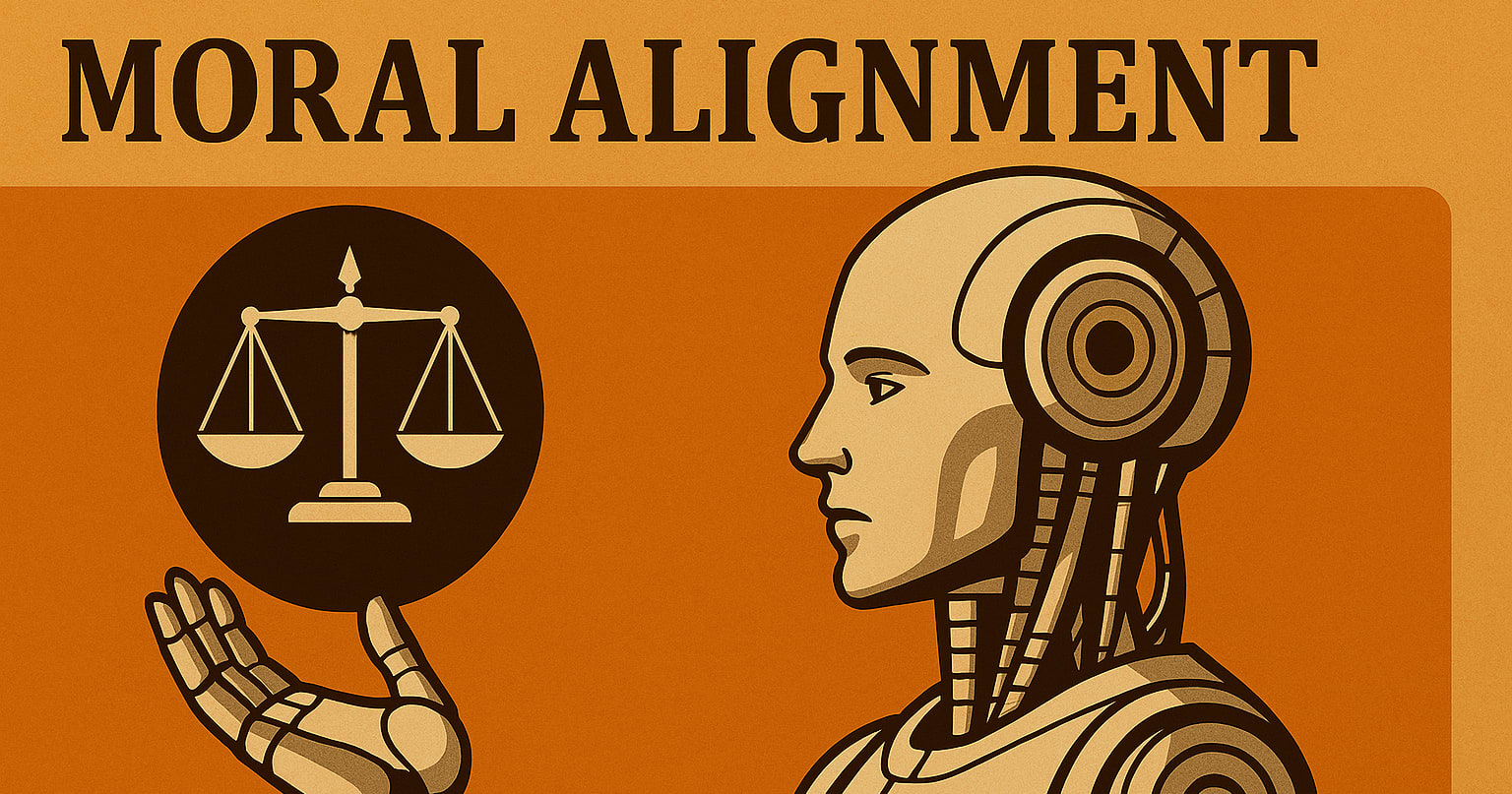80,000 Hours has a lot of great research on promising career fields for effective altruists. But one thing I've discovered while doing my own career planning is that the difference between opportunities in a single field seems to matter just as much as the difference between fields. Opportunity-level analysis of job prospects is a great complement to looking at field-level overviews, and I think it can significantly improve career decisions.
As a case study, consider someone deciding between software engineering and academic mathematics. Looking at the typical person going into these fields, software engineering seems like a much more desirable choice from an EA perspective. As an industry, software pays better, is far less competitive, has more opportunities to do directly impactful work, and grants more career capital for the same level of ability. So you'd probably advise most people to pick software engineering over math academia.
But looking only at the typical cases throws away a lot of information. The average opportunity for a math degree isn't necessarily the opportunity you're most likely to take. I know a number of academic mathematicians with EA tendencies, and most of them help run SPARC, a CFAR-funded summer program that introduces mathematically talented high-schoolers to a bunch of ideas that includes many EA-related ones. (For various reasons, it seems to me that SPARC probably wouldn't have succeeded without some academic mathematicians on board.) I think SPARC is an extremely good idea and would be pretty sad if its instructors had all gone into software development instead. In other words, it's not just important what the average opportunity in a field is like, but also the opportunities that you in particular are likely to be able to find.
Furthermore, the quality of which individual opportunities are available in a given field seems to vary wildly, and randomly, from person to person. For instance, when I was looking around for software jobs last year, the job that I took looked easily twice as good as my next-best alternative. Someone with similar skills to me but who wasn't as lucky while looking for software jobs might not have found it--if so, they would probably have found better opportunities in a completely different field. Similarly, a number of my friends applied for academic research positions, and I've repeatedly seen one person find opportunities that seem much better than another person with virtually the same aptitudes.
All this means that basing your career decision purely on field-level analysis seems likely to miss some potentially great career paths. To sum up, here are some pieces of career choice advice that I think are currently underrated:
-
When finding a job, it's worth looking very hard for better opportunities. If there's a large random component to your available opportunities, then simply looking at a larger sample of opportunities is likely to surface better ones. To find my current job, I not only asked all my friends if they knew companies that would be good opportunities--I asked some of their friends and their friends' friends too. It was only at the third degree out that I found the place I ended up working.
-
If you're an unusually good fit for a field that isn't big with the EA crowd, look into it anyway. Even if the average opportunity in a field doesn't look that great, being really awesome at something tends to bring up cool opportunities almost regardless of what the thing is. Just like the mathematicians were able to start SPARC, or like Toby Ord and Will MacAskill have used their academic positions well, there seem to be a lot of benefits to excelling in almost any field.
-
Skills that expand the set of possible opportunities for you are extra-valuable. For instance, in college, I might have been better-served by taking fewer super-advanced math classes and more classes that would give me enough grounding in other fields to add some value in them. There's a balance to be struck here--it wouldn't be helpful to be a total dilettante, so it's probably better to branch out to neighboring fields than something different altogether. For instance, as a math and computer science major I probably wouldn't have gotten very much out of taking a couple journalism classes, but I might have tried out robotics, computational biology, or economics.




I agree that your framework and process can apply to opportunity-level decisions as well as field-level decisions--I just think that it isn't emphasized in proportion to how useful I found it.
For instance, to me it looks like those pages are framed almost completely in terms of choosing broad career paths rather than choosing between individual opportunities. E.g., the heading on the framework page reads:
To me this seems to emphasizes the field-level use-case for the framework but not the opportunity-level use case.
Ah ok, I had 'specific career options' in mind, but then I see the examples don't give the right impression. I'll change this.